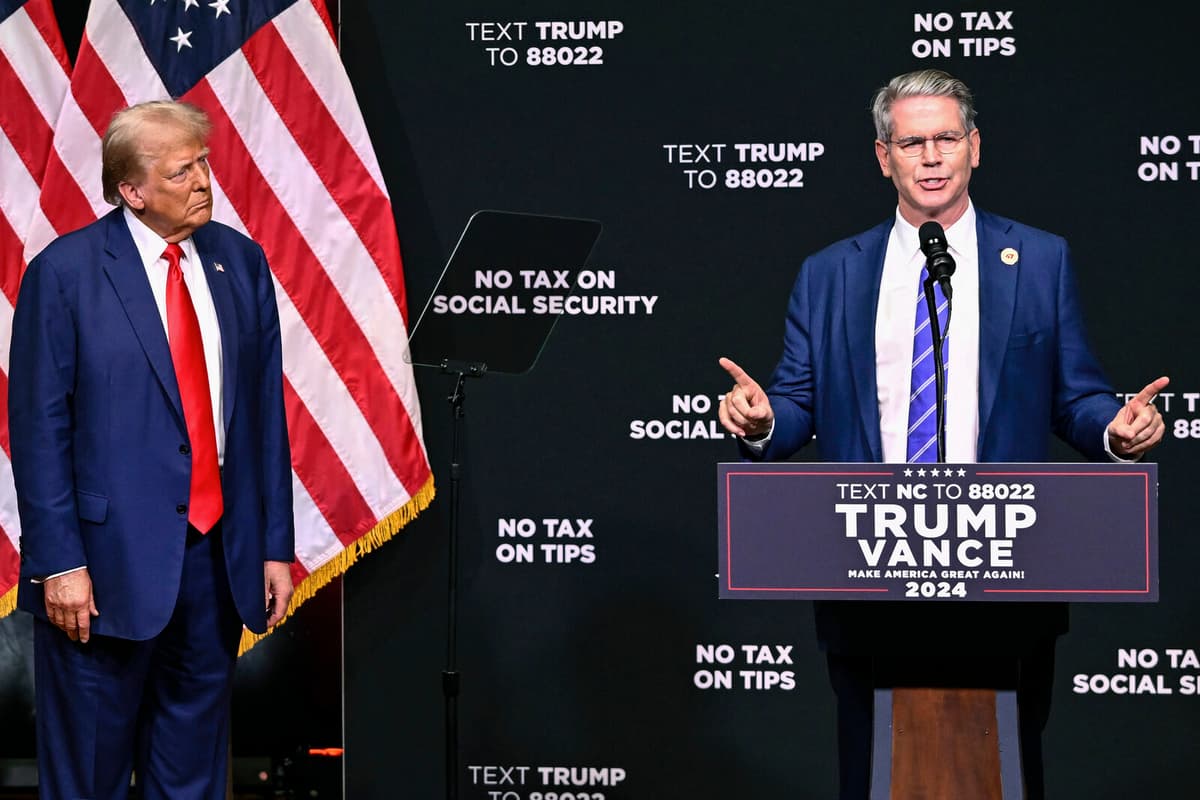Donald Trump is indeed born rich. But in the 2016 election campaign, it was not profitable for him to solicit donations from USA's wealthy. The Republican Party's elite saw him as an unreliable populist, and hoped for other candidates. And the tech sphere's super-rich, such as Elon Musk and Mark Zuckerberg, kept to themselves in the Democratic stronghold of California.
Fast-forward to the corresponding election campaign eight years later, and it's a completely different world. The tone was set early, as The New Yorker reported from a fundraiser for billionaires in Florida in February last year.
Donald Trump is a terrible person, said organizer Nelson Peltz according to the magazine.
But our country is in a bad state, and we can't afford Joe Biden.
So we must all support him, continued Peltz, referring to Trump.
Laying Low
In that situation, Peltz's good friend Elon Musk had said he would remain neutral in the presidential election. But that's not what happened at all.
Musk, who two years earlier had bought Twitter (now X), came out as a strong Trump supporter over the summer. His arguments resembled those Trump had used for a long time, that the political establishment is a "swamp" that needs to be drained and that excessive bureaucracy stifles both individual freedom and the economy.
Billionaire colleagues like Facebook CEO Zuckerberg and Amazon founder Jeff Bezos lay low for a few months, but then joined in.
Bezos had already bought The Washington Post in 2013. When the newspaper's editorial board wanted to endorse the Democrats' Kamala Harris before the 2024 election – citing Trump's authoritarian signals as a threat to the US – Bezos stopped the text and published his own opinion piece instead.
And Zuckerberg's announced dismantling of fact-checking on Facebook and Instagram is believed to benefit, among others, extreme right-wing accounts that support Trump.
A Long Line
Musk donated billions to Trump before the election, and now Bezos and Zuckerberg have also given money to the installation.
They are just the most well-known in a long line of rich people who have rallied behind Trump. What they get in return is clearer in some cases than in others. For example, Musk gets a formal role to propose far-reaching reforms and cuts in the new administration.
Money has always played a big role in US politics. But Trump takes it to a new level. American media have calculated that the billionaires who get posts in his new administration have combined wealth exceeding the gross national product of around 175 of the world's approximately 200 countries.
That's at least 3,200 times more than the accounts of predecessor Joe Biden's employees, writes US News.
A number of billionaires have been proposed by Donald Trump to get formal roles in governing the US:
Entrepreneurs Elon Musk and Vivek Ramaswamy: leaders of the "efficiency council" Doge, which will propose radical savings within the government apparatus.
Wrestling mogul Linda McMahon: Nominated as education minister, and thus head of the education department, which Trump has stated he wants to abolish.
Wall Street veteran Howard Lutnick: Nominated as trade minister.
North Dakota Governor Doug Burgum, formerly a businessman in IT: interior minister.
Investor and hedge fund director Scott Bessent: Proposed as finance minister.
Jared Isaacman, space traveler who became extremely rich through payment mediation: Head of the space agency NASA.
Real estate magnate Steve Witkoff: Envoy to the Middle East.
Investment banker Warren Stephens: Nominated as ambassador to the UK.






